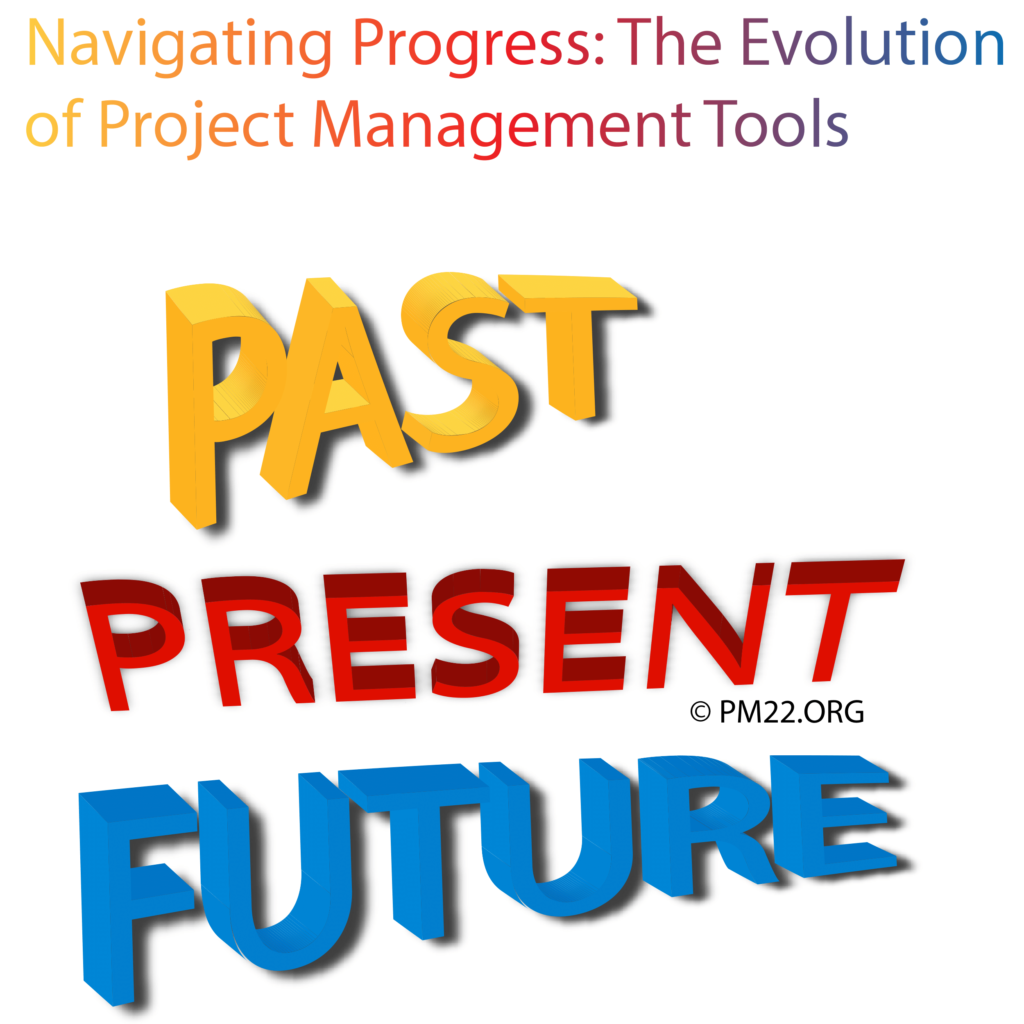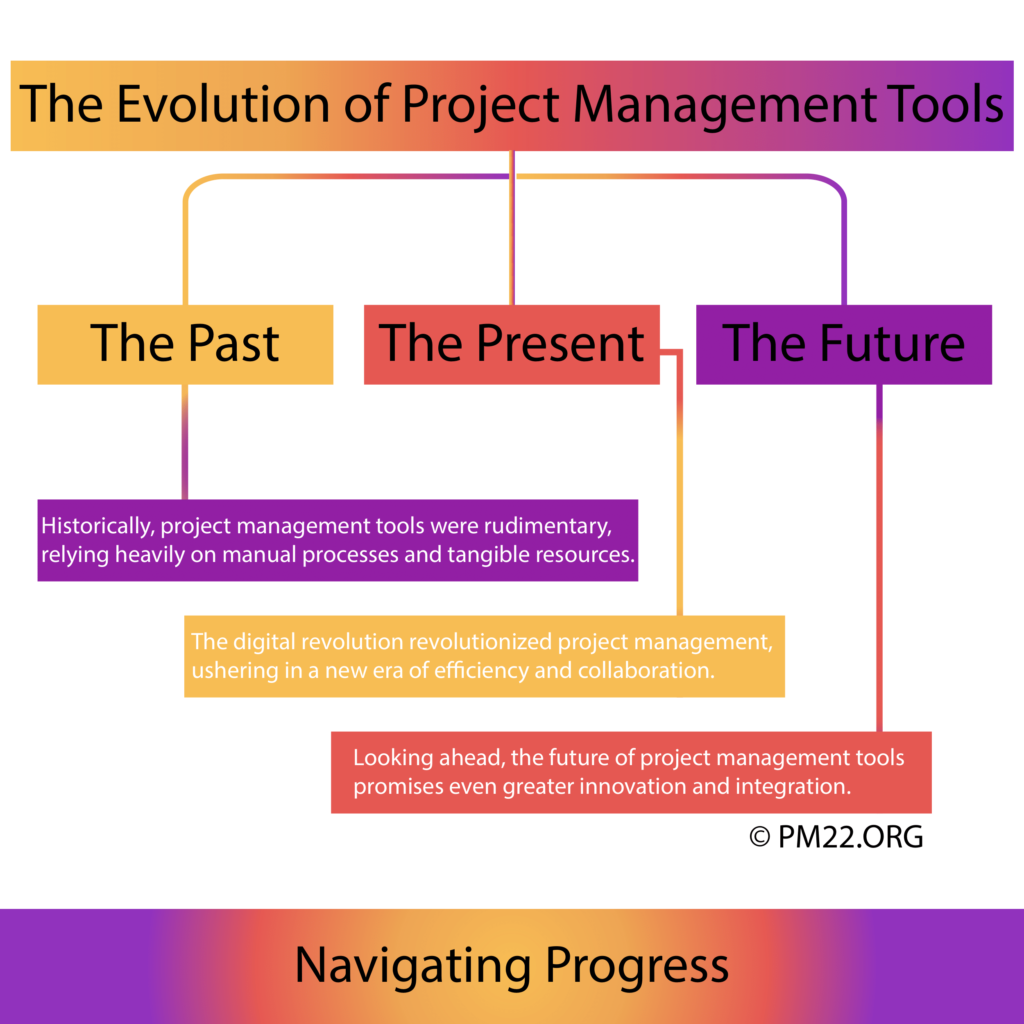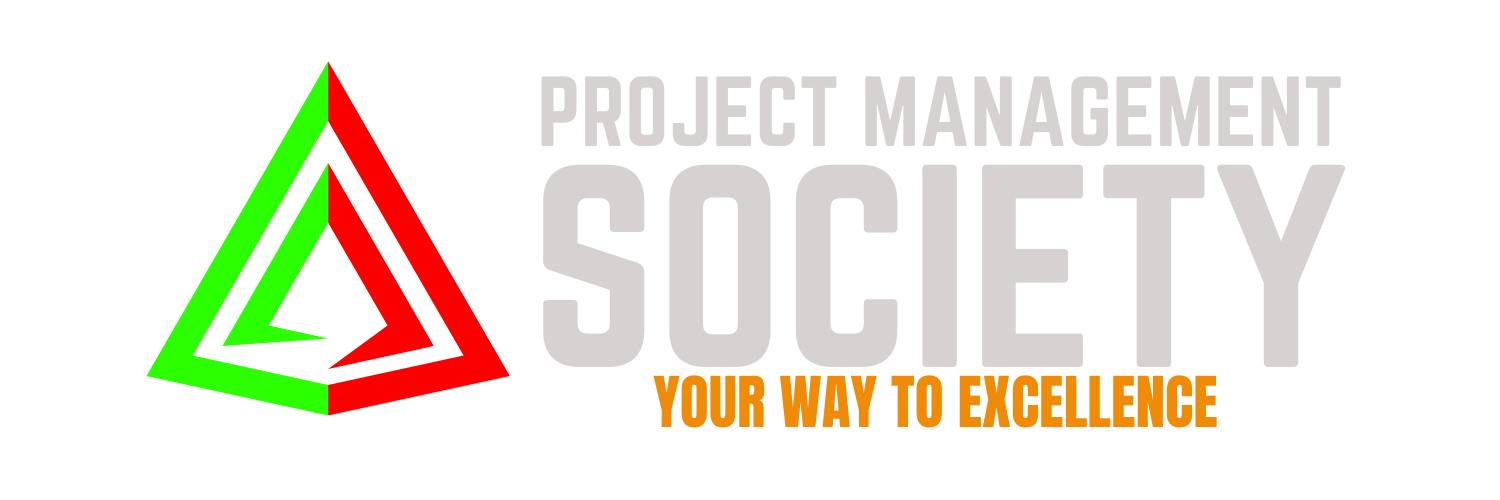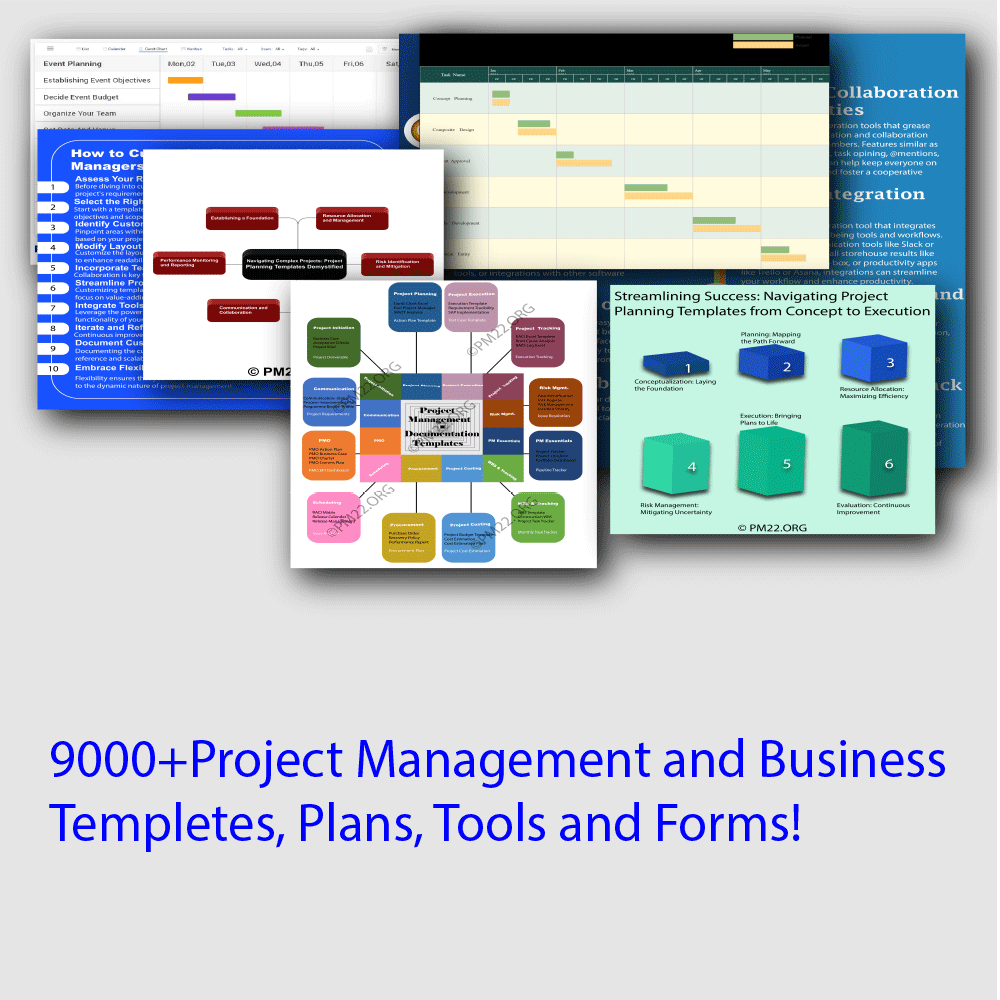 Introduction: In the ever-evolving landscape of project management, tools serve as guiding lights for professionals navigating complex tasks and deadlines. Over time, these tools have undergone significant transformations, adapting to technological advancements and changing work dynamics. Exploring the past, present, and future of project management tools unveils a fascinating journey of innovation and efficiency.
Introduction: In the ever-evolving landscape of project management, tools serve as guiding lights for professionals navigating complex tasks and deadlines. Over time, these tools have undergone significant transformations, adapting to technological advancements and changing work dynamics. Exploring the past, present, and future of project management tools unveils a fascinating journey of innovation and efficiency.
The Past: Historically, project management tools were rudimentary, relying heavily on manual processes and tangible resources. Spreadsheets, Gantt charts, and physical whiteboards were the cornerstones of project planning and tracking. While effective to some extent, these tools had limitations in terms of collaboration, scalability, and real-time updates. Projects often faced delays due to communication gaps and inefficient resource allocation.
CLICK HERE TO DOWNLOAD 300+ PROJECT MANAGEMENT TEMPLATES & DOCUMENTS IN EXCEL
The Present: The digital revolution revolutionized project management, ushering in a new era of efficiency and collaboration. Software solutions like Microsoft Project, Trello, and Asana became integral to project planning, execution, and monitoring. These platforms offered features such as task assignment, progress tracking, and real-time communication, streamlining workflows and enhancing team productivity. Cloud-based technologies further democratized project management, allowing teams to collaborate seamlessly regardless of geographical boundaries.
Moreover, the rise of Agile and Scrum methodologies reshaped project management practices, emphasizing iterative development and adaptive planning. Tools like Jira and Monday.com emerged as go-to solutions for Agile teams, providing customizable boards, sprint planning, and backlog management. The present-day project management landscape is characterized by diversity, with organizations selecting tools tailored to their specific needs and methodologies.
The Future: Looking ahead, the future of project management tools promises even greater innovation and integration. Artificial intelligence (AI) and machine learning (ML) are poised to revolutionize how projects are planned, executed, and analyzed. AI-powered assistants could automate repetitive tasks, analyze data to predict project outcomes, and offer personalized recommendations for risk mitigation.
Furthermore, virtual and augmented reality (VR/AR) technologies hold immense potential for immersive project planning and collaboration. Imagine teams visualizing project timelines in a virtual workspace or conducting remote site inspections through augmented reality overlays. These advancements could transcend geographical barriers and enhance team cohesion in an increasingly remote work environment.
CLICK HERE TO DOWNLOAD 300+ PROJECT MANAGEMENT TEMPLATES & DOCUMENTS IN EXCEL
Blockchain technology also presents intriguing possibilities for project management, particularly in terms of transparency and security. Smart contracts could automate payment processes and ensure fair distribution of resources, while blockchain-based ledgers could provide immutable records of project transactions and milestones.
Integration will be another key aspect of future project management tools. Instead of using disparate platforms for different functions, organizations may adopt all-in-one solutions that seamlessly integrate project management with other business processes such as HR, finance, and procurement. This holistic approach would facilitate data flow across departments, enabling better decision-making and resource optimization.
Conclusion: The evolution of project management tools mirrors the relentless march of technological progress. From humble beginnings to the digital age, these tools have continually evolved to meet the changing needs of project teams. As we look to the future, the convergence of AI, VR/AR, blockchain, and integration will shape the next generation of project management tools, empowering teams to conquer new challenges with confidence and efficiency.Top of Form


